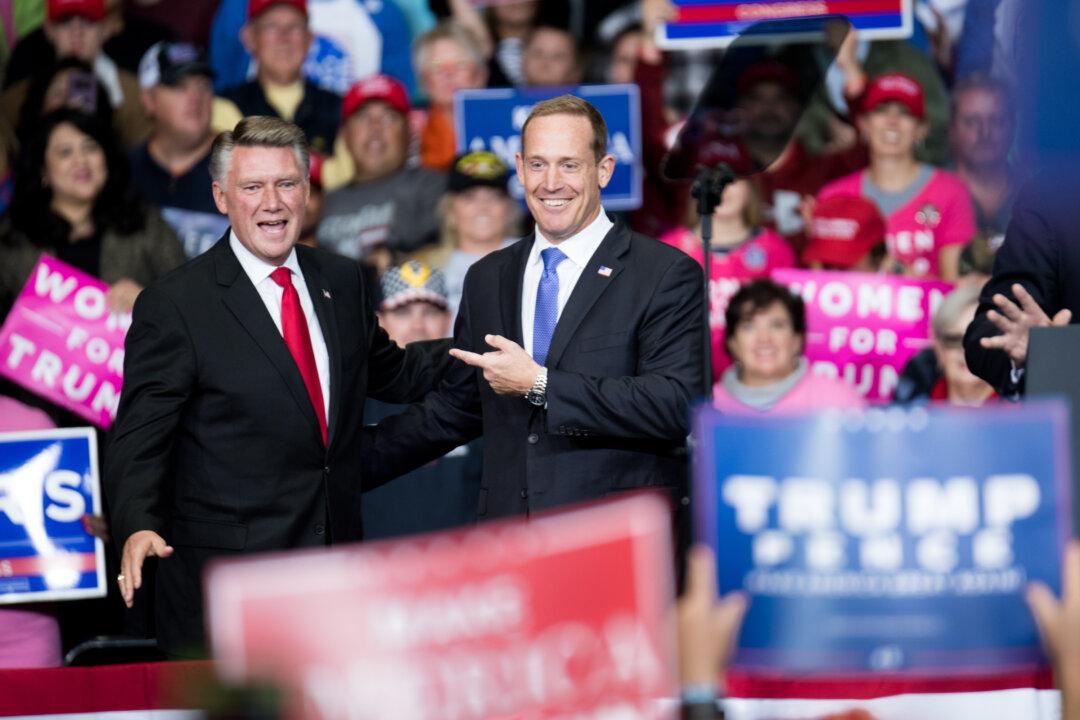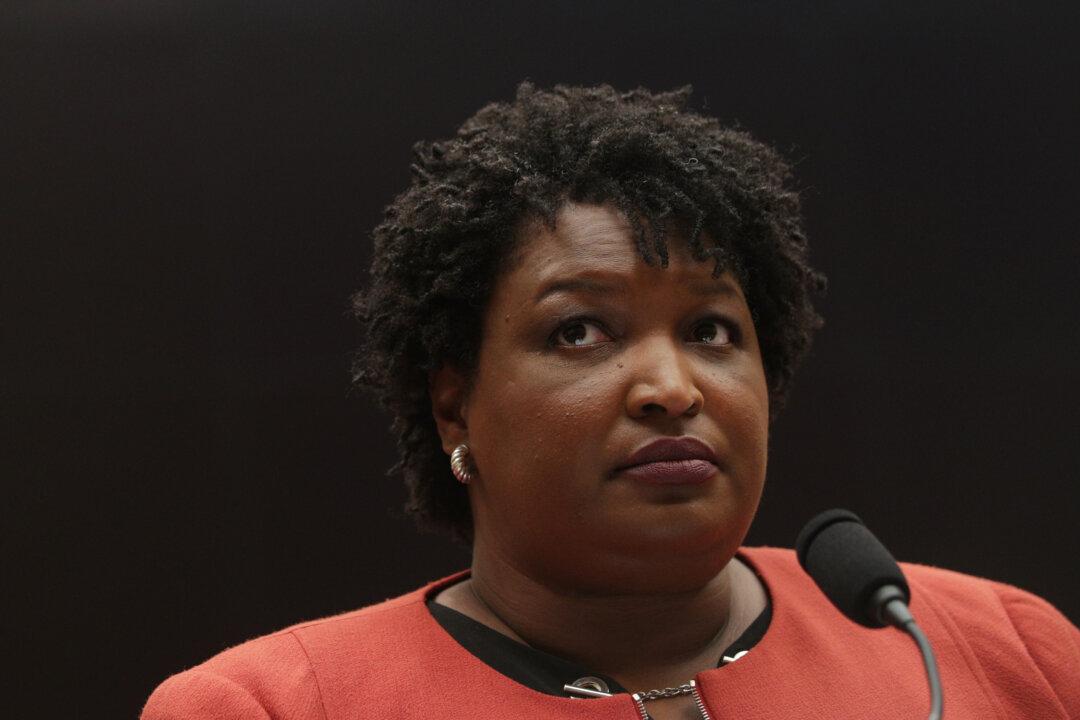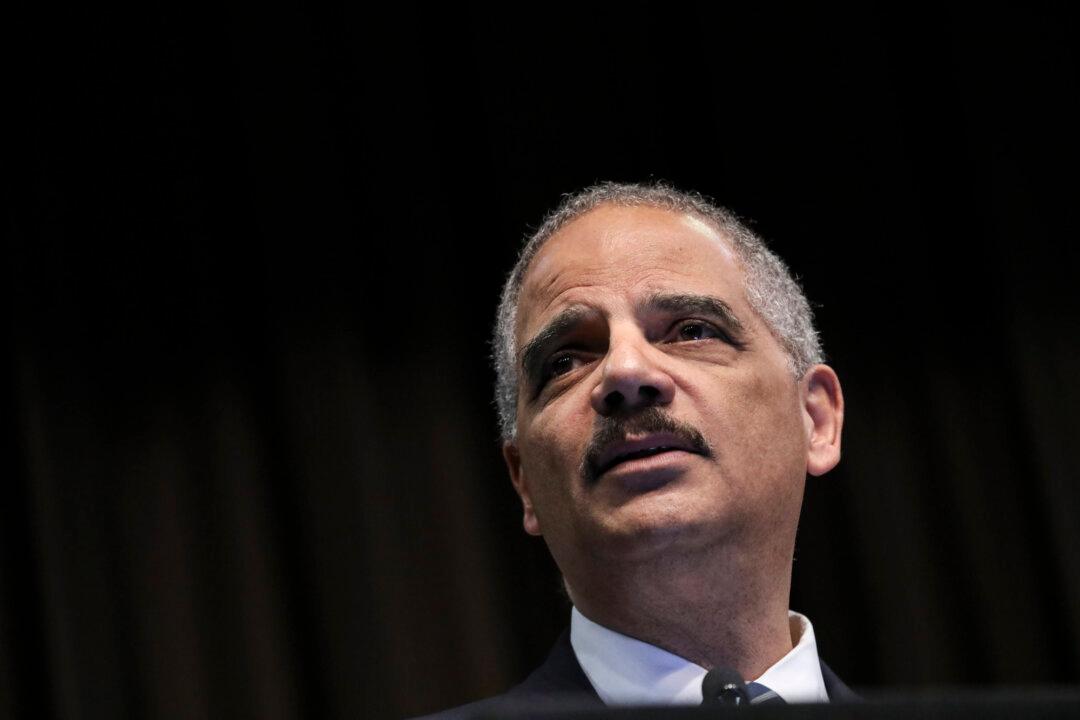North Carolina Republican Mark Harris is embroiled in a post-election “ballot harvesting” controversy not unlike recent midterm election concerns emanating from California, where a state law legalized the collection and return of absentee ballots by third parties.
That practice helped flip seven GOP House seats to Democrats in California, including the entirety of the traditionally conservative Orange County. Now, it is the Republican Party’s turn to grapple with the implications of potential ballot harvesting fraud.




